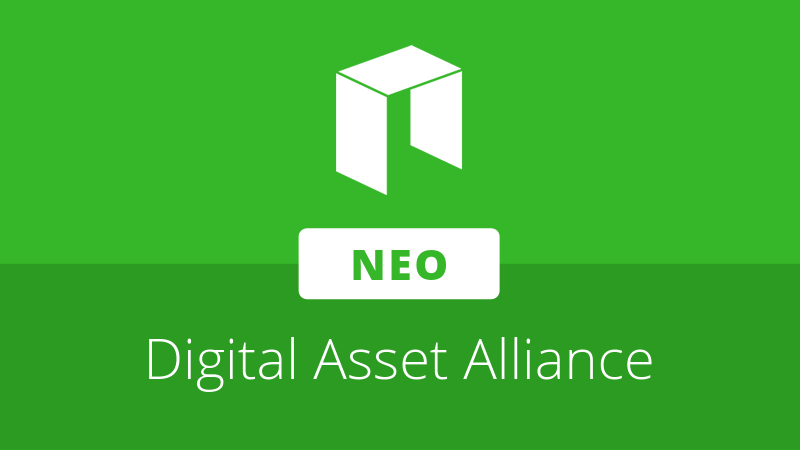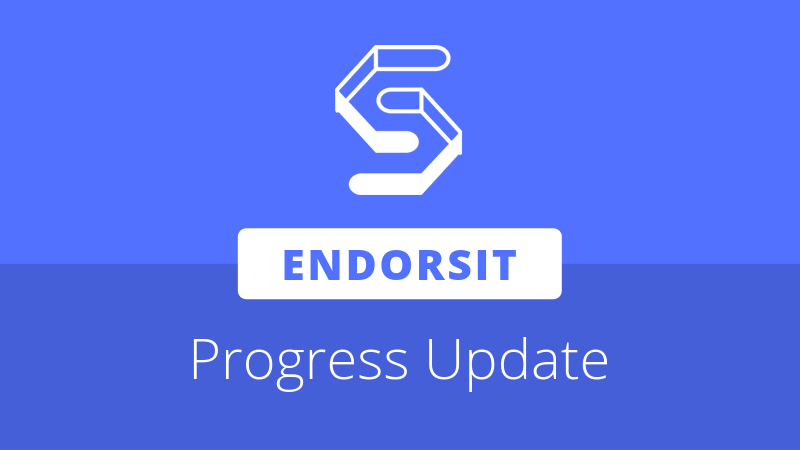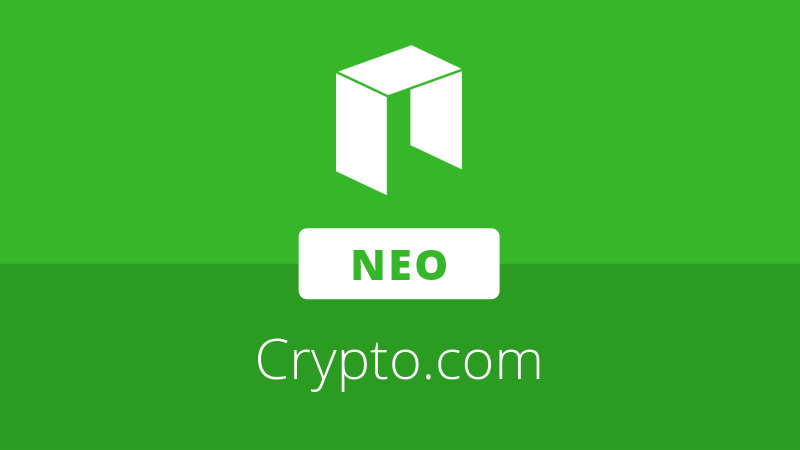
Tokenized securities and stablecoins (digital assets designed with a fixed exchange rate to another currency or measure of value) have been highly anticipated and relatively recent additions to the world of blockchain.
NEO’s Digital Asset Alliance (DAA) was founded to bring legal clarity and development standards to a hazy and uncertain regulatory environment. The DAA is a NEO-backed initiative that seeks to foster an open conversation on best practices for future offerings of digital securities. NEO Global Development has also created the “Global Blockchain Compliance Hub,” which aims to create a global almanac of blockchain-related legal details across different jurisdictions.
The DAA held its fifth “Round Table Meeting” on May 9th, 2019. The attendees included Lili Zhao and Sarah Song from NEO Global Development’s Ecosystem Growth division, and three representatives from stablecoin issuance projects:
- Harvey Xu from Alchemint, whose dollar-pegged SDUSD is backed by NEO locked as collateral;
- Christoph Klocker from Novem, whose gold-pegged NNN token is backed by audited, deliverable, LBMA-certified gold stores in Liechtenstein;
- Sebastien Hess from Alprockz, whose Swiss Franc-pegged ROCKZ token is backed by audited, segregated reserves of Swiss Francs.
Round Table Discussion
The meeting lasted 60 minutes. Full minutes from the meeting were produced by NEO Global Development, and are summarized in the linked article.
Gold-Pegged Stablecoins
Novem’s Christoph Klocker opined that gold’s history as a store of value spans thousands of years, and he predicted that it will continue to be a store of value in the coming years. He compared gold to Bitcoin due to their status as scarce assets without infinite supply.
Klocker went on to cast gold in a favorable light when compared to fiat currencies such as the Euro, because the Euro “is exposed to the political risk and economic risk” of its issuing countries.
Additionally, Klocker pointed out that in certain jurisdictions, crypto-to-gold trading is not taxed in the same manner as crypto-to-fiat trading, lending gold a “huge advantage.”
Swiss Franc-Pegged Stablecoins
Alprockz’s Sebastien Hess shared that Switzerland lacks a specific license for cryptocurrency companies, as Switzerland’s “clear” regulations treat non-securities as either utility tokens or payment tokens. FINMA, the Swiss Financial Market Supervisory Authority, has designated Alprockz’s CHF-pegged ROCKZ token as a payment token, so it is exempt from securities regulations.
According to Hess, Alprockz set up using “a normal financial intermediary guideline,” and the company now acts as a financial intermediary that deposits money with third-party custodians. ROCKZ tokens can be purchased with Swiss francs (CHF), Euros, Bitcoin, and Ethereum; Hess claims that ROCKZ stablecoins are issued on demand, making ROCKZ a fully backed asset. Purchases of ROCKZ with other currencies are converted to CHF which is held as collateral.
To mitigate counterparty risks for ROCKZ holders, Hess describes the use of segregated accounts (in which collateral is kept separate from company funds) as well as deposits across multiple Swiss banks. Hess also claimed monthly balance audits and yearly KYC/AML audits.
As a Swiss entity, Alprockz is exempt from the European Union’s E-Money licensing requirements; however, Hess noted that the project “cannot onboard any US citizen as a platform user” due to compliance reasons in Switzerland. “For Asia, there’s no problem,” Hess added.
Cryptocurrency-Backed Stablecoins
Alchemint’s Harvey Xu described their U.S. dollar-pegged SDUSD coin, and its decentralized nature (SDUSD is issued and redeemed by individual users who invoke a smart contract). According to Xu, Alchemint’s greatest strength compared to competing dollar-pegged coins such as Tether is its transparency; its most significant challenge is the complexity of its smart contract’s code, and the risk management involved in over-collateralizing its stable coin with a volatile cryptocurrency-based asset.
“We think that the best [use] scenario for the decentralized stablecoin is dApps,” Xu speculated. While he noted that many current dApps want to issue their token for fundraising purposes, Xu added, “I don’t believe that is a good option… it is quite a good choice to choose stable coin” for dApp payments.
ROCKZ and Swiss Law
Hess outlined some of the advantages his CHF-backed token has over other fiat-backed tokens. “Firstly… you are guaranteed under Swiss law that the funds are fully backed 100%. You cannot have the fractional reserves as what we’ve seen with Tether.”
“Secondly… we use Swiss banks… and we have a long history in Switzerland of financial freedom and security of our financial assets.”
“If you look at the U.S., the regulators can freeze assets,” Hess noted. He pointed out that Gemini Dollar (GUSD) and Paxos (PAX) “have a line of code that enables them to freeze the stablecoins if the regulator asks for it.”
Hess concluded: “So all of that makes our solution more robust and also more transparent.”
Current Priorities
Novem’s Klocker reported that finishing up the regulatory work for its token, which is a security, was Novem’s top priority.
Alchemint’s Xu mentioned cross-chain development with the addition of multiple, diversified assets held as collateral.
Alprockz’s Hess wanted to “develop an ecosystem” around its ROCKZ solution, adding, “Our focus is really to create adoption for real use case.”
Stablecoin Competitors
Klocker opined, “If we look at all of the stable coins out there, most of them are not really fully backed. So I guess it’s a good thing that competition comes in.”
Hess added, “It’s very good to have an alternative” because a lack of transparency is hiding the true risks of stablecoins from the markets. However, when considering the current roster of stablecoin choices, Hess said “it’s pretty clear that there’s not… room for all of them.”
Alchemint’s Xu was more optimistic, saying, “I don’t think there are too many stablecoins… centralized and decentralized stablecoins are not the same. So I think that they will compete with each other, and we’ll see which one will survive in the future.”
NEO Global Development’s roundtable discussions with industry experts are an ongoing series.







About The Author: Colin Closser
Colin Closser, M.D., was a speaker at the first NEO DevCon in San Francisco. A devoted contrarian, he has managed the improbable: a peaceful and healthy life, despite holding a medical degree. He aspires towards the wisdom of Michael Lewis and Nassim Nicholas Taleb.
More posts by Colin Closser